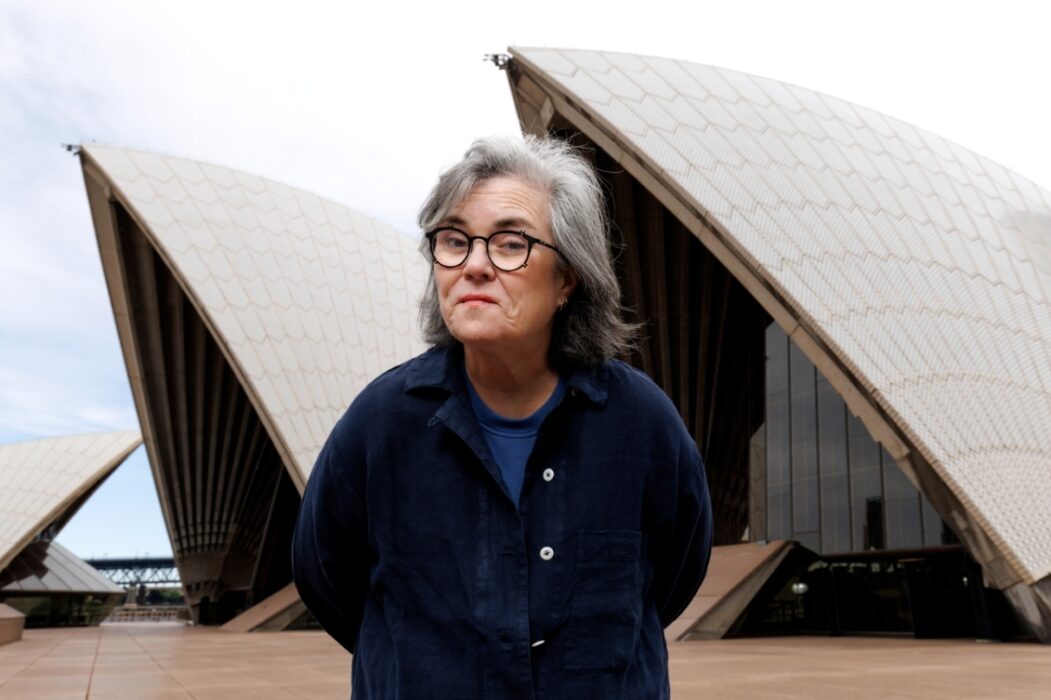Comedian and longtime Trump critic Rosie O’Donnell has officially announced her intentions to part ways with the United States—not just temporarily, but legally and symbolically. While on tour in Australia, the 63-year-old performer revealed she is finalizing her application for Irish citizenship, citing concerns for her “safety and sanity” amid President Donald Trump’s second term.
The former daytime TV host and View co-host shared her plans during an interview with The Daily Telegraph on October 6, saying, “I am applying and about to be approved for my Irish citizenship, as my grandparents were from there and that's all you need.”
According to O’Donnell, the timing is not incidental. “It will be good to have my Irish citizenship, especially since Trump keeps threatening to take away mine,” she added, alluding to a tense and often vitriolic feud that has spanned over a decade.
O'Donnell’s relocation to Ireland earlier this year, now nearly nine months in, is not a publicity stunt or a sabbatical—it’s a deliberate act of protest. Her words carry the tone of someone who sees her departure as political exile. “What's coming is fascism in the United States, pure and simple,” she warned. “Christian white nationalism, and that's not democracy... if we let them continue on, we are doomed as a democracy.”
For O’Donnell, Ireland offered a refuge from what she views as a rising authoritarian wave in the U.S. In a TikTok monologue posted from abroad, she reflected on her unexpected decision: “Moving to Ireland was the most adventurous thing that I've ever done in my life. I really believe, because I felt I had to, and thank God that I did.”
But even from afar, O’Donnell is not done with American politics. She continues to criticize Trump, including his recent remarks about deploying the military to Portland, Oregon—an action she claims signals a drift toward martial law. “Thank God” for leaving, she repeated in her video, after referencing what she called a terrifying escalation of executive power.
Her commentary is not without precedent. Trump and O’Donnell have exchanged public barbs since the mid-2000s, but the feud took on new dimensions as Trump moved from celebrity to commander-in-chief. Her warnings have only grown more dire as his second administration presses forward.
Meanwhile, O’Donnell’s shows at the Sydney Opera House mark another unusual chapter in her career—a sign that her voice, however polarizing, continues to resonate abroad. Whether viewed as courageous or theatrical, her political self-exile speaks to the depth of division in the U.S. and the lengths to which some public figures are willing to go to distance themselves from its direction.
As for what comes next, O’Donnell seems content to speak from a distance. “I’ve always wanted to be a more adventurous person,” she said. “Thank God I did this.” Her departure, much like her career, is loud, unapologetic, and carefully timed. The stage is global now, but her message still points squarely toward home.


